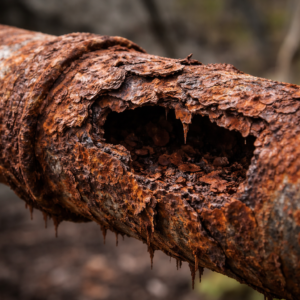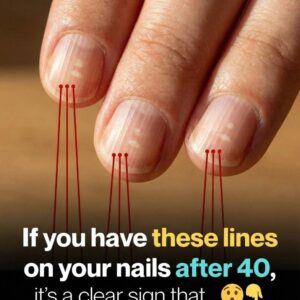Waking Up to a Wet Pillow? Here’s What Drooling Might Be Telling You
Occasional drooling during sleep is surprisingly common and usually harmless—often caused by sleeping on your side, deep relaxation,
or sheer exhaustion. But if it happens frequently, in large amounts, or starts suddenly, it could signal something more serious.
Chronic nighttime drooling, or sialorrhea, can point to underlying health issues. Sleep apnea is a common culprit—blocked airways force mouth
breathing and disrupt normal swallowing, allowing saliva to escape. GERD (acid reflux) may also trigger excess saliva, especially when lying down.
More concerning causes include neurological disorders like Parkinson’s, ALS, or stroke, which affect the muscles involved in swallowing.
Even allergies, sinus infections, or nasal congestion can lead to mouth breathing and drooling.
Some medications—such as antipsychotics, seizure treatments, and Alzheimer’s drugs—can overstimulate saliva production.
Meanwhile, dental issues like misaligned teeth or poorly fitting dentures may prevent proper swallowing or full mouth closure.
While occasional drooling is usually nothing to worry about, consult a doctor if it becomes frequent, soaks your pillow, or comes with symptoms like slurred
speech, muscle weakness, daytime fatigue, or trouble swallowing. Sometimes, even small signs like drooling can reveal bigger health concerns





